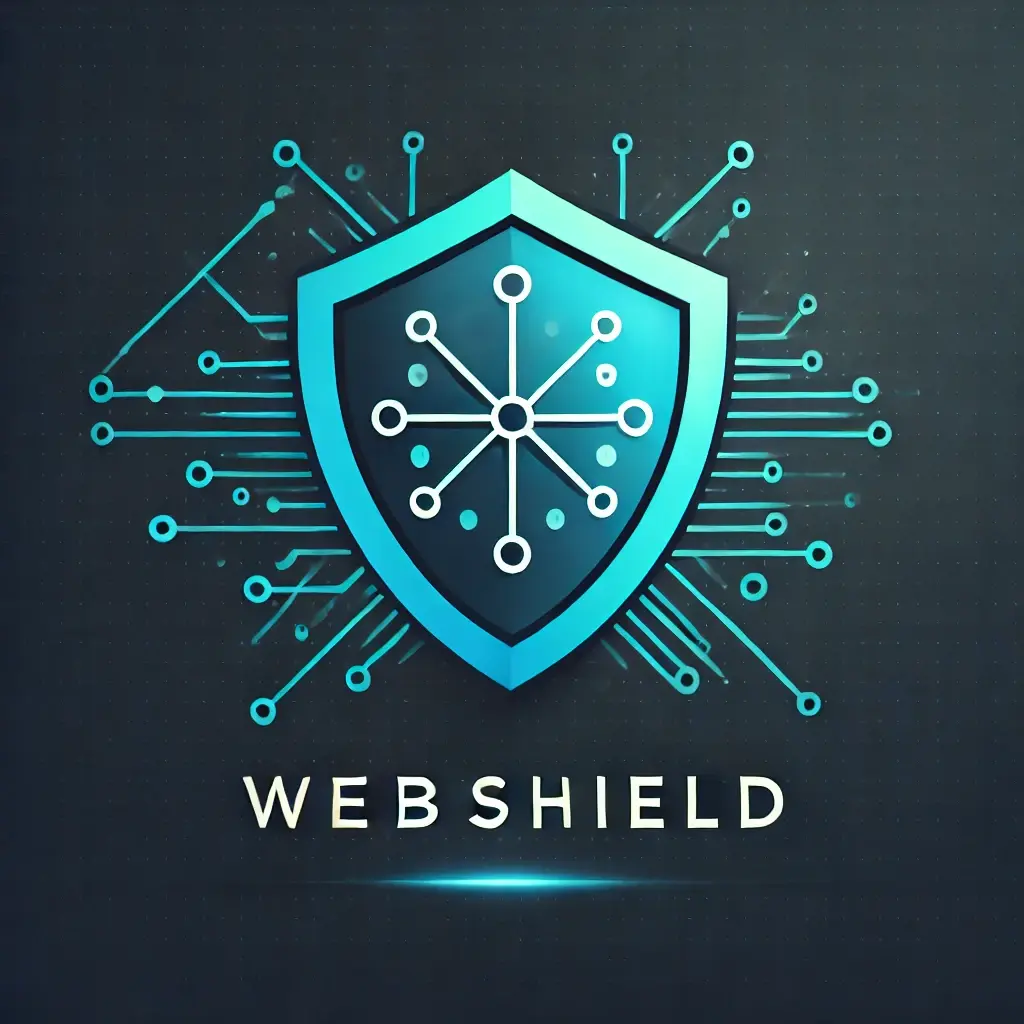
Venly
Venly is a blockchain technology provider that creates tools and services to help businesses and developers integrate Web3 functionality into their applications. Headquartered in Belgium, the company's mission is to make blockchain technology accessible to everyone by providing user-friendly and scalable solutions.
Its offerings include a Wallet-as-a-Service that allows for easy integration of secure, custodial wallets into any application, complete with social logins to simplify user onboarding. Venly also provides an NFT API for minting and managing digital assets, and an NFT Marketplace solution that can be integrated into any platform. These services are designed to be blockchain-agnostic, providing a high degree of flexibility for developers.
Venly has a direct integration with the Hedera network, offering its full suite of tools and services to developers building on Hedera. This partnership, supported by the HederaHBAR Foundation, allows for the seamless creation of wallets, as well as the minting and trading of NFTs on the Hedera network using Venly's tools.
Project Information
Related Projects

WebShield is a cybersecurity company developing a decentralized platform for managing digital identities and securing online communications. Its mission is to bring improve trust and privacy on the internet by providing individuals and businesses with the tools to control their own data.
The core of WebShield's service is its "Trust-as-a-Service" platform, which is built on the principles of self-sovereign identity (SSI). It includes a suite of tools for issuing and verifying Verifiable Credentials, which are digital versions of physical documents such as passports and driver's licenses. The platform is designed to be compliant with a wide range of industry standards, including those from the Trust over IP Foundation, the W3C, and the OpenID Foundation. A key use case for WebShield's technology is in securing the Internet of Things (IoT), where it can be used to create a secure and trusted environment for machine-to-machine communication.
WebShield is built on Hedera's distributed ledger technology, which is used to provide an immutable and auditable record of all identity-related transactions.

HiveTracks is a software company focused on providing digital tools and data-driven insights to beekeepers and supporting sustainable apiculture practices. It offers a comprehensive hive management platform through its web-based and mobile applications.
The HiveTracks platform enables beekeepers to meticulously record and monitor various aspects of their apiaries including colony health, inspections, treatments, feeding schedules, and honey harvests.
A significant aspect of HiveTracks' approach is its utilization of the Hedera Hashgraph distributed ledger technology (DLT). Leveraging the Hedera blockchain, HiveTracks enhances the integrity and traceability of beekeeping data by creating auditable records for hive health and establishing honey provenance. Furthermore, the Hedera integration enables beekeeper participation in emerging environmental markets such as carbon credits and data validation services.
HiveTracks specialized services empower beekeepers with robust data management capabilities while fostering a first-of-its-kind connected community. It also contributes to the overall health and longevity of bee populations and global climate health by promoting responsible and transparent beekeeping.

Indodax, founded in 2014, is one of the largest and oldest cryptocurrency exchanges serving the Indonesian market. It provides a platform for users to buy, sell, and trade a wide array of digital assets using the Indonesian Rupiah (IDR). The exchange boasts millions of registered users
Indodax offers a comprehensive suite of trading services including spot trading for numerous cryptocurrencies, ranging from major coins such as Bitcoin and Ethereum to a diverse selection of altcoins. The platform features a mobile application with distinct "Lite" and "Pro" modes to cater to both novice and experienced traders. Users can also engage in staking to generate passive income from crypto holdings.
The exchange places a strong emphasis on user education through its "Indodax Academy," which provides resources on blockchain technology and cryptocurrency trading. It is registered and licensed by Indonesia's Commodity Futures Trading Regulatory Agency (BAPPEBTI), underscoring its commitment to operating within the local regulatory framework.

Diamond Standard creates a novel, investable, and tradeable asset class through the tokenization of real, investment-grade IGI (International Gemological Institute) and GIA (Gemological Institute of America) certified diamonds.
These commodities are investment products combining real diamonds with digital blockchain technology. They offer investors a standardized unit of diamonds in the form of “Coins” and “Bars.” These can be traded for liquidity or held as investments secured by both the physical commodity and the immutable Hedera blockchain.
Each Coin and Bar contain an equivalent, optimized set of natural diamonds that add up to the same geological scarcity of carat weight, color, and clarity. Every sample and every commodity are public, and are designed to trade in lockstep market price.
Inside each asset is a military-grade wireless (NFC) encryption chip, enabling authentication, instant transactions, and remote audit.
Diamond Standard seeks to provide investors with a secure and accessible way to invest in diamonds at convenient, lower entry point via digital tokens called “Carats” issued from physical commodities.
